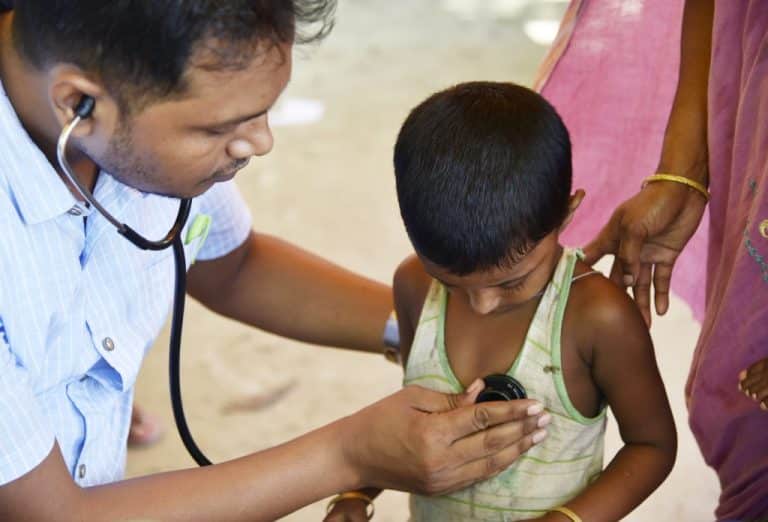Understanding medical consent for children lets you make decisions in their best interest during an emergency. If your little one needs help, they might even be old enough to have a say in their own treatment.
If you need another adult to make the decision for you, you will have to complete a minor medical consent form. This guarantees that any caregiver looking after your child can get them medical treatment at a moment’s notice.
The Need for Informed Consent
A child’s family is usually in control of their healthcare until they reach 18. However, you should still involve them, especially as they get older. Above all else, anyone making a medical decision (whether for a test or treatment) requires informed consent. That means they know what will happen to the child and the risks involved.
It’s the duty of your healthcare provider to outline a child’s treatment for your approval. You then have a responsibility to understand the full process and what it means for the child. The provider can only begin the procedure if they believe that you’re informed. You can refuse the treatment, but always consider your child’s needs.
Privacy is a core consideration of informed consent. Only those with permission to act on behalf of the child can learn their confidential medical information. In some contexts, children can seek out medical treatment without an adult’s knowledge. For example, all states allow minors to give consent for STI testing, and emancipated minors usually have full medical autonomy.
State Laws on Minor Health Rights
As with almost any rights-based issue, state laws are highly variable when it comes to children’s medical consent. Utah only lets homeless teenagers aged 15 and above to have control of their own healthcare, for example. On the other hand, Oregon lets anyone over 15 give their consent for hospital, medical, and surgical care without their guardian’s knowledge.
You should familiarize yourself with your state’s laws so you know what to do if your child has a medical problem. If you plan to visit another state with your child, make sure also to check their current consent laws. Even if you’re fully aware of this information, you should still double-check, as these laws are always a hot-button topic.
If an adult isn’t immediately available, some states allow the child to give consent. For example, a 16-year-old in Kansas can accept surgery in these circumstances. However, this exemption is quite rare — most states still need an adult present. In these situations, a child medical consent form can save time and let another trusted adult give their consent.
How Consent Forms Can Help
A minor medical consent form is a good idea if your child will be in another adult’s care for some time. For example, if they go to a daycare, a form makes sure your child stays safe in a medical emergency. Even short-term holidays with another family member would benefit from a consent form, just to be careful.
These forms need to include the child’s name, birthday, and health information, as well as details of the parents/guardians. Some states will require an end date on the form, which is useful if this is only a temporary arrangement. The guardians must sign the completed child medical consent form with two witnesses and a notary also present.
Why You Should Involve Your Children
Even with these consent forms, you should still respect your child’s autonomy. Take their wishes into account with every decision; they deserve to know what’s going on. You’ll still have the final say in most cases, but it helps to make everything as comfortable for the child as possible. This also shows you respect their growing independence.
If you have to give someone else permission to make your child’s medical decisions, make sure your child knows. Depending on the situation, you might also be able to get their opinion on who to select as a temporary decision-maker. No matter the context, every choice you make for your child should focus on their well-being.
The conversations you have with your children will also set them up for the future. This could be an opportunity to teach them about medical consent and their growing bodily autonomy. If you believe your child is old enough, you might even let them decide for themselves. However, their health and welfare should once again take priority.
Summing It Up
Your child’s health rights must be at the heart of any discussion involving their medical history or consent. In many cases, especially during their teenage years, this is the only way to respect their growing independence.
A caregiver consent form that fits your state legislation is absolutely necessary when away from your child for a long while. However, be sure to check what your child wants and respect this as much as you can.









